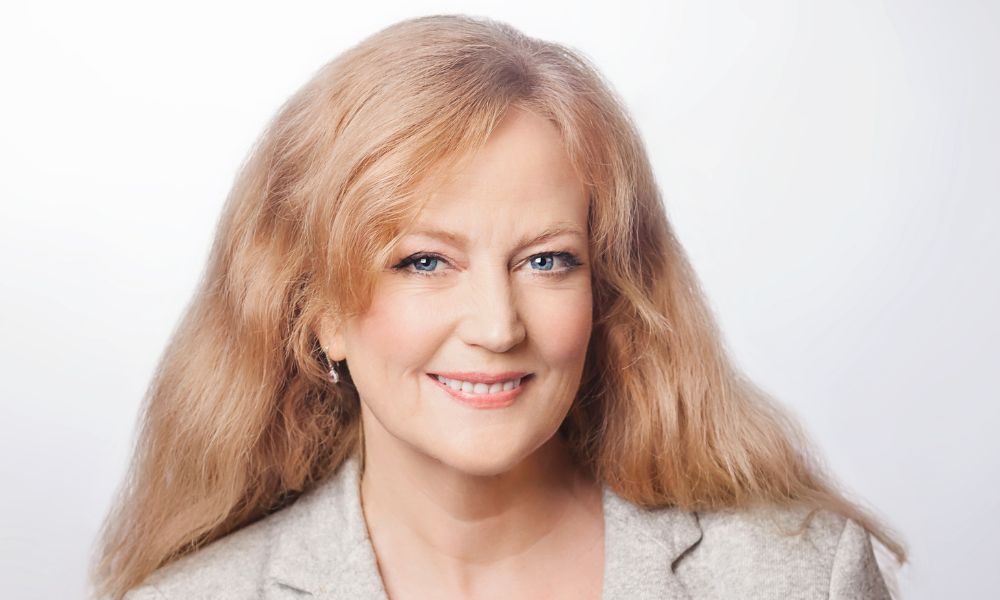Winnipeg-based non-profit provides programming and peer support network

In a profession that has long glorified hard work but has recently added the burden of technologically enabled round-the-clock availability, lawyers must recalibrate expectations to improve mental health, says Tamara McCaffrey, program director at Law(yer) Strong Inc.
Law(yer) Strong is a Winnipeg-based non-profit that works to enhance mental health in the legal profession. The organization has been around since 2021. It trains volunteer lawyers to act as peer support for struggling colleagues and assists the legal community by connecting lawyers with therapeutic and other professional services. The Law Society of Manitoba and the Manitoba Bar Association fund the organization.
Over the last two years, Law(yer) Strong has trained 70 volunteer peer support workers, says McCaffrey. The peer support workers are all lawyers and available to any lawyer or law student in Manitoba who reaches out for help, she says.
“It's been very, very exciting. We're building community, and we're building connections, and we're changing conversations.”
McCaffrey says that COVID boosted the mental health discourse, and the profession now enjoys a greater openness than existed before. She says there is a greater appetite to do things differently now than ever.
In 2022, the Canadian Bar Association, the Federation of Law Societies of Canada, and the Université de Sherbrooke released a comprehensive national study on mental health in the legal profession. The study’s results showed significantly high levels of “psychological distress, depression, anxiety, burnout and suicidal ideation” among lawyers.
McCaffrey graduated from law school at the University of Manitoba in 1995. In the years she has been in practice, she has seen the profession begin to acknowledge mental health, and its stigma has receded. But she has also watched the profession transform into one in which no one ever unplugs, which contributes to rising depression and anxiety, she says.
“We absolutely brag about our late nights and our weekends and our long, long hours. There's just a culture of good, hard work. But the time where those attitudes were born, long ago, the good, hard workdays weren't as long.”
“People would go home at the end of the day, and they wouldn't have cell phones. There were no emails. There were no computers.”
The convenience of bringing work home on laptops and phones, as well as the client accessibility that allows, has shifted the culture, says McCaffrey. Mixing this culture shift with the profession’s work ethic means that lawyers are depleting their energy without recharging, undermining their ability to focus and putting stress levels “through the roof,” she says.
The national legal profession mental health study, which analyzed more than 7,300 lawyers from across Canada, found that over half of all respondents reported experiencing psychological distress and burnout. Respondents said work-life balance was a critical factor leading many to consider leaving the profession, and the essential skills to avoid stress were “psychological detachment from work and the ability to set limits.”
McCaffrey wants to prevent the high levels of psychological distress through education and awareness that the profession must resist its unsustainable work culture. Lip service about mental health will not help if lawyers do not reassess the culture and the expectations they have on themselves and others, she says.
“Because if we can't change that, I don't think there'll be a big change in these numbers.”










